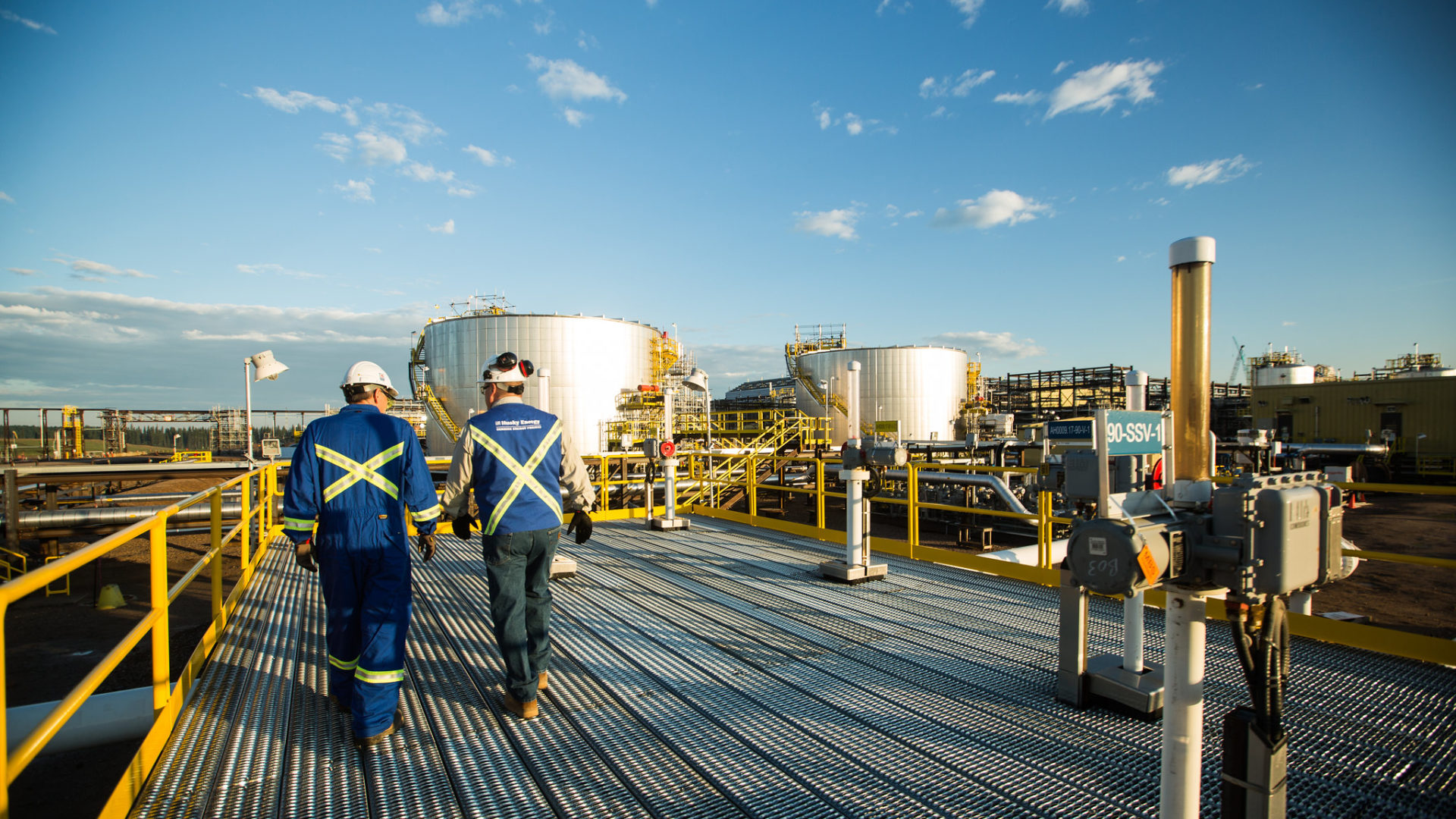Recent media reports suggest the wealth generated by increased oil and gas prices is leaving Alberta (and Canada), and the outlook for the industry is declining. This is misleading, and incorrect.
Fact: Higher oil and gas prices are leading to a huge rise in government revenues
According to RBC Capital Markets, oil and gas companies in Canada are expected to pay at least $48 billion in government royalties and taxes this year, a 200 per cent increase from 2021 because of higher prices. This is expected to increase again to $64 billion in 2023, helping pay for social services like roads, schools, and hospitals.
About 90 per cent of the windfall is expected to go to the Government of Alberta.
Fact: Global oil and gas demand is expected to stay strong for decades
The use of renewable and alternative energy sources is rising, but the world’s growing population will require oil and gas long into the future.
According to the International Energy Agency (IEA), in 2050 oil and gas will supply 50 per cent of world energy needs. That’s about the same as today. Oil and gas supplied 53 per cent of world energy in 2021, the IEA says.
Even in the IEA’s unlikely net zero scenario, oil and gas would supply nearly 20 per cent of world energy demand in 2050.
As the world moves to reduce emissions while maintaining energy security, Canada should grow its responsible oil and gas production and exports to be the supplier of choice.
Fact: International investors are necessary to support Canadian oil and gas
It is not negative for Canada’s oil and gas industry that many Canadian-headquartered oil and gas companies have substantial stock investment from outside the country.
The Canadian financial market is about three per cent of the global equity market, and so by definition any big company has many international shareholders, according to Richard Masson, a long-time industry leader who is now executive fellow with the University of Calgary’s School of Public Policy.
“You have to do that to ensure that you can raise capital and get the best price for your shares,” he said.
“There’s nothing wrong with that. That’s how our system is designed.”
Fact: A lack of pipeline access hampers oil and gas investment
It is challenging for oil and gas producers to invest in new major projects in Canada without access to markets for their products.
Lack of adequate pipeline capacity has cost Canada’s oil producers billions of dollars (at least $14 billion between 2015 and 2019, according to IHS Markit). The recent completion of the Line 3 Replacement Project has helped improve the situation, but not enough to accommodate major growth projects in Alberta.
Like oil and gas companies around the world, Canadian companies have recently focused on returning profits to investors and improving efficiencies rather than on growth.
The ongoing underinvestment in oil and gas globally is expected to cause supply shortages, higher prices and volatility for the foreseeable future, according to the International Energy Forum.
The unaltered reproduction of this content is free of charge with attribution to Canadian Energy Centre Ltd.
